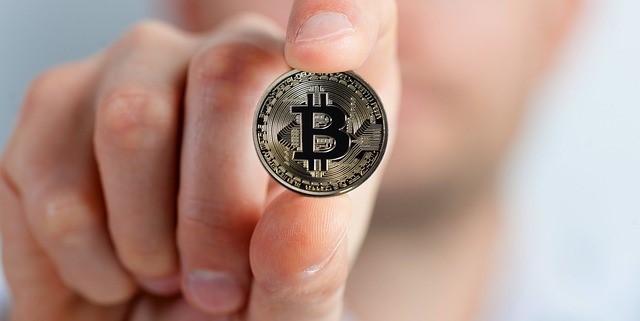P2E vs Traditional Gaming: The Battle for the Future of the Gaming Industry
For decades, the gaming industry has been dominated by centralized gaming companies that own and control the majority of the games we play. However, in recent years, a new movement has emerged, known as Play-to-Earn (P2E), which offers a decentralized alternative to traditional gaming. In this article, we’ll explore the differences between P2E and traditional gaming, and discuss how this battle for the future of the gaming industry is shaping up.
The Traditional Gaming Industry
The traditional gaming industry has long been dominated by a few large corporations that control the majority of the games and gaming platforms. These companies often rely on microtransactions and loot boxes to generate revenue, which has led to criticism and controversy from gamers and regulators alike. Critics argue that these practices can lead to addiction and encourage gambling-like behavior among players.
The Rise of P2E Gaming In recent years, a new movement has emerged in the gaming industry, known as Play-to-Earn (P2E). P2E games are decentralized, meaning they are built on blockchain technology and are not owned or controlled by any central authority. In P2E games, players can earn cryptocurrency by completing in-game tasks, which they can then use to buy and sell virtual assets or exchange for fiat currency.
The Benefits of P2E Gaming
One of the main benefits of P2E gaming is that it offers players a way to earn money while playing games. This is a stark contrast to traditional gaming, where players are often required to pay money to play. Additionally, P2E games are transparent and secure, as they are built on blockchain technology, which ensures that all transactions are recorded on a public ledger.
The Challenges Facing P2E
Gaming Despite its many benefits, P2E gaming still faces significant challenges. One of the biggest challenges is that it is still a relatively new and untested concept. Some experts argue that P2E gaming could be a bubble that will eventually burst, leaving many players with worthless virtual assets.
“The decentralized and open-source nature of blockchain technology offers a new paradigm for the gaming industry, where players can be more directly involved in the creation, distribution, and governance of games.” — Don Tapscott, author and blockchain expert.
Conclusion
The battle for the future of the gaming industry is shaping up to be a fierce one, with P2E gaming offering a decentralized alternative to the traditional gaming industry. As blockchain technology continues to evolve and more players become interested in earning money while playing games, P2E gaming will likely continue to grow in popularity. However, it remains to be seen whether P2E gaming will be able to overcome the challenges it faces and become the dominant force in the gaming industry.
